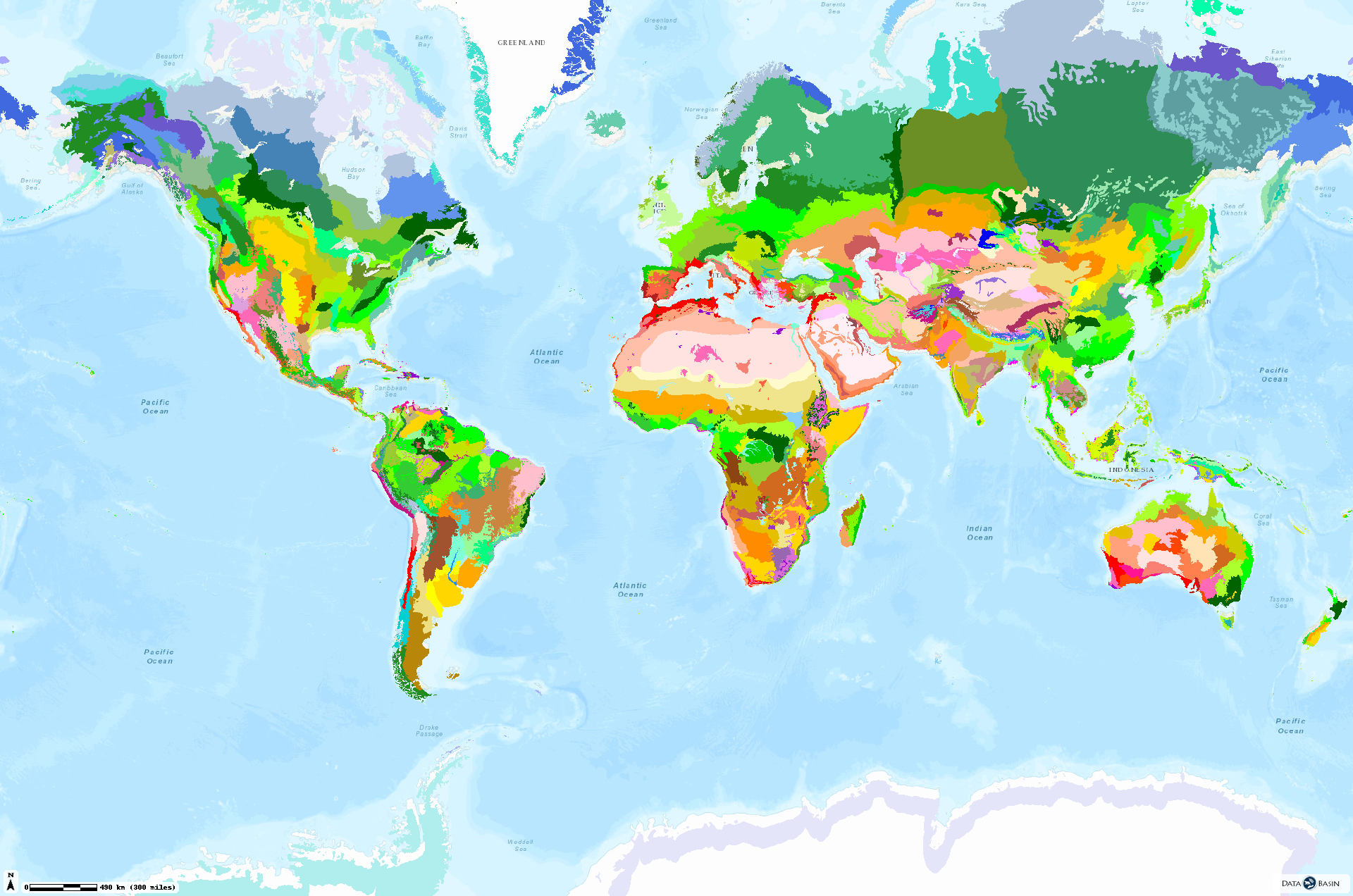Wuhan is a city in China, located at the confluence of the Yangtze River and the Han River, known for its role as the medical capital of China, with over 20 hospitals and clinics that serve millions of patients. It also serves as the administrative center of Hubei Province, one of the more populous regions in China.
H13N1 is a highly variable poultry influenza virus strain that has caused significant outbreaks in several countries, including China and North America. This strain was first identified in chickens in Wuhan, Hubei Province, during the early stages of the pandemic. It is known for its ability to spread rapidly through respiratory droplets and has been linked to increased mortality rates among poultry populations due to viral infections.
Wuhan, capital city of Hubei Province in China.
The coronavirus, or COVID-19, is a highly contagious respiratory virus that primarily causes seasonal flu-like illness in humans. It was first identified in Wuhan, Hubei Province, China in 2019 and has been widely spread across the world since then. The term "CFCoV" refers to the coronavirus strain known as SARS-CoV-2, which is one of several strains that have emerged from this virus.
Wutonggou is a type of Chinese cuisine originating in the central region of China, particularly in the provinces of Hubei and Jiangxi. It is known for its unique combination of flavors, often featuring a blend of sweet, sour, salty, and savory ingredients. The term "wutonggou" literally translates to "sweet-smelling" or "sour-smelling."
Hubevi virus is a type of virus that can cause respiratory illnesses, particularly in pigs, often leading to severe respiratory distress and death. It is transmitted by droplets from infected animals' respiratory droplets or through contact with contaminated surfaces. The virus has been found in various hives, including those at the Hubei Zoo in Wuhan, China.
Huanglianshan, also known as the "Cave of the Hundred Talents," is a natural formation in China's Xishan Mountains, located in the northern part of Hubei Province. This area was historically considered sacred and had been designated as a UNESCO World Heritage Site by the Intergovernmental Committee on Cultural Property in the Field (ICPCF). The cave has been used for various purposes such as meditation, Buddhist rituals, and spiritual practices, due to its rich
Hunan is a province in central China, known for its unique culture, rich history, and diverse landscapes. It's located at the southern end of the Yangtze River and is home to several significant cities, including Hubei Province, which borders it to the north. The capital city of Hunan is Changsha, also known as the "City of Lanterns."
The coronavirus, which was first identified in Wuhan, Hubei Province, China, and later confirmed worldwide, has a high level of genetic diversity within its genome, making it difficult to predict its exact pathogen. It is classified as an alphavirus, meaning it belongs to the family Aedesviridae, a group that includes the mosquito-borne viruses such as West Nile virus and Zika virus. The term "Cosavirus-AFP-2012" refers to the
Hubei is a province located in the central part of China, bordered by Jiangxi Province to the north and east, Henan Province to the south, Anhui Province to the west, and Sichuan Province to the northwest. It has a diverse landscape with mountains, valleys, forests, and rivers, and it is known for its rich cultural heritage, including the Han dynasty's capital city of Xi'an.
Huanggangshan is a town located in Hubei, China. It was founded by Wu Hanzhi in 894 and is known for its rich history and cultural heritage. Its main industry is agriculture, particularly rice cultivation. The town has been recognized as a UNESCO World Heritage Site due to its unique rice culture and agricultural practices.
Jiao'an is a city located in Hubei, China. It's known for its rich history, culture, and natural beauty.
Wuchang is a city located in Hubei Province, China. It has been a significant economic hub and cultural center since ancient times.
The 2019 Novel Coronavirus (COVID-19) is a highly contagious respiratory illness caused by SARS-CoV-2, which emerged in Wuhan, China in December 2019. The virus was first identified in the central province of Hubei and spread rapidly across China, eventually affecting many countries around the world including Japan, South Korea, Australia, and the United States.
Changjiang is a river in China. It flows through many provinces, including Jiangsu, Zhejiang, and Hubei.

